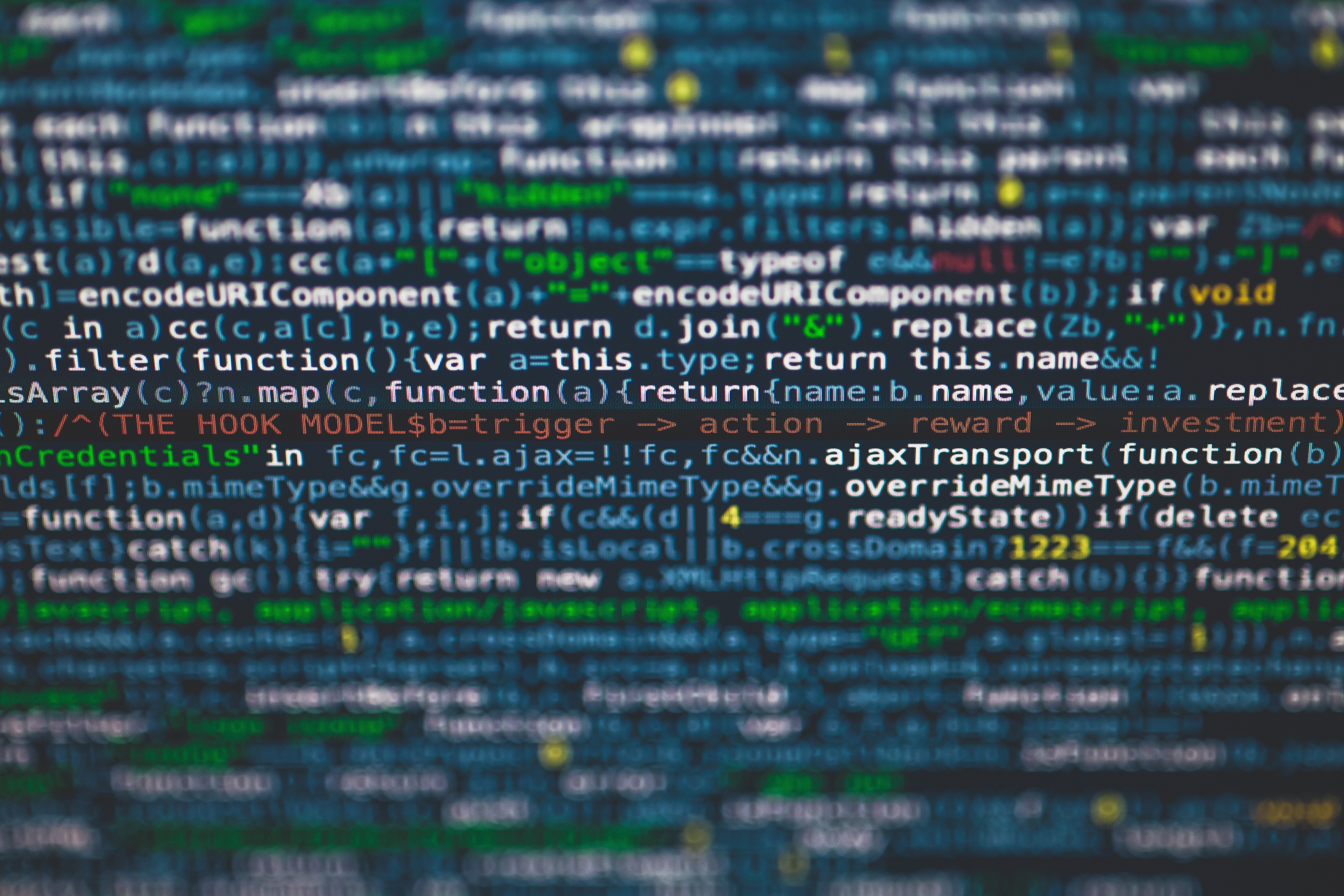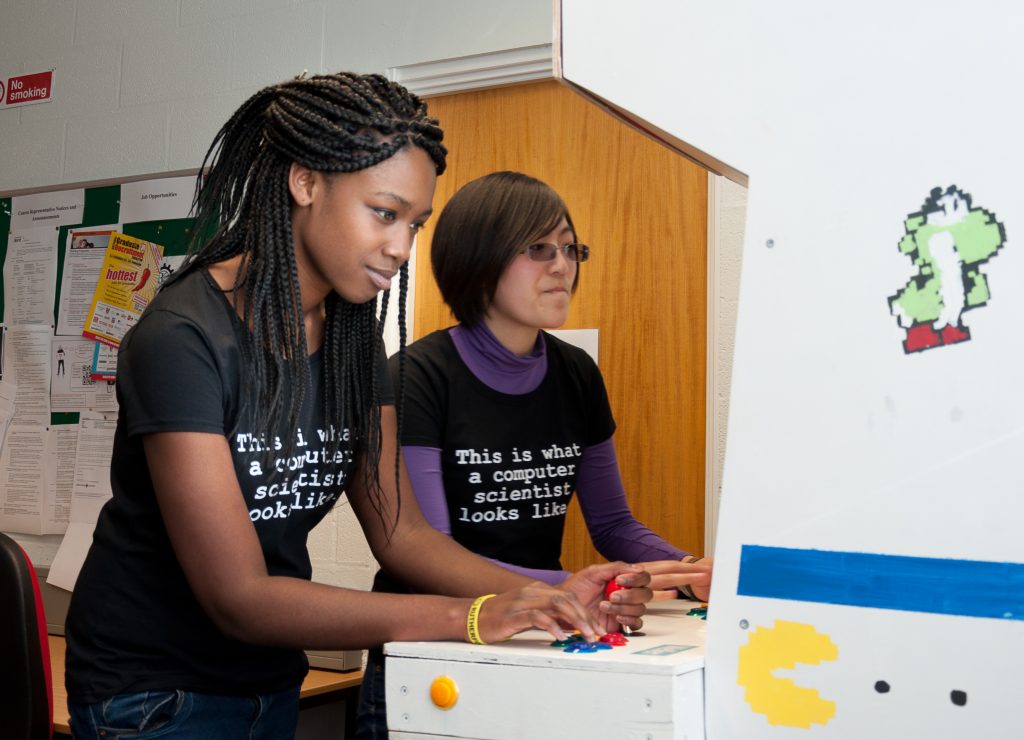The innovative Year in Computing programme has been awarded a University teaching prize. The Vice-Chancellor, Professor Karen Cox, presented the award to Colin Johnson, Sally Fincher and Ian Utting at a ceremony on Wednesday 4 October 2017.
The Year in Computing programme is a self-contained year of study offered by the School of Computing to students from any other School in the University. Students who successfully complete the year graduate with their original degree title plus ‘with a Year in Computing’.
During the year students work exclusively within the School of Computing, learning and practising a wide range of fundamental computing topics using the Web as a unifying example and platform. Working with web technologies means that students are exposed to a directly applicable collection of widely used software and skills.
Students on the programme come from across the University’s schools and campuses. Unusually for a computing programme, 40% of the students on the course are women; this is more typically around 15%.
Programme director Ian Utting said: ‘The programme exemplifies the University’s aims to allow students to broaden their programmes in a flexible way. It promotes links between different areas of study and allows students with broad interests and ambitions to realise them. It also provides work-related skills to support students in their future study, research or careers and this aligns strongly with the government’s UK Digital Strategy’.
Further programme details:
The Year in Computing initiative
The Year in Computing programme is a self-contained year of study at Level 5, offered by the School of Computing to students from any other School in the University. During the year students work exclusively within the School of Computing, ultimately graduating (if successful) with their degree title augmented “with a Year in Computing”.
Who is this aimed at?
This Year in Computing is aimed at undergraduate students doing any degree in the University other than students registered with the School of Computing. It is delivered in Canterbury, but may be taken by students from either campus. Students may take this after Stage 2 of their degree, or any subsequent Stage including their final Stage. It is designed both for students who want to “convert” into computing for vocational reasons, and for students who want to integrate computing skills and knowledge into their home degree studies. It has an advantage for students over alternatives such as a conversion MSc not only because it forms part of their undergraduate programme for funding (and potentially visa) purposes; but also because the results from the Year do not affect the classification of their “home” degree, decreasing their risk. (Marks from the Year do appear in students’ transcripts, giving employers a detailed view of what they have achieved.)
What will students get from this?
The Year in Computing introduces a wide range of fundamental computing topics using the Web as a unifying example and platform. Working with web technologies means that students are exposed to a directly applicable collection of widely used software and skills. This includes “back-end” topics such as understanding computer operating systems and networks, learning a commonly-used programming language (JavaScript), storing and manipulating data, and integrating with a Web server. At the “front-end” it means producing web pages using HTML, CSS and Javascript that work well, look good and are easy to interact with.

